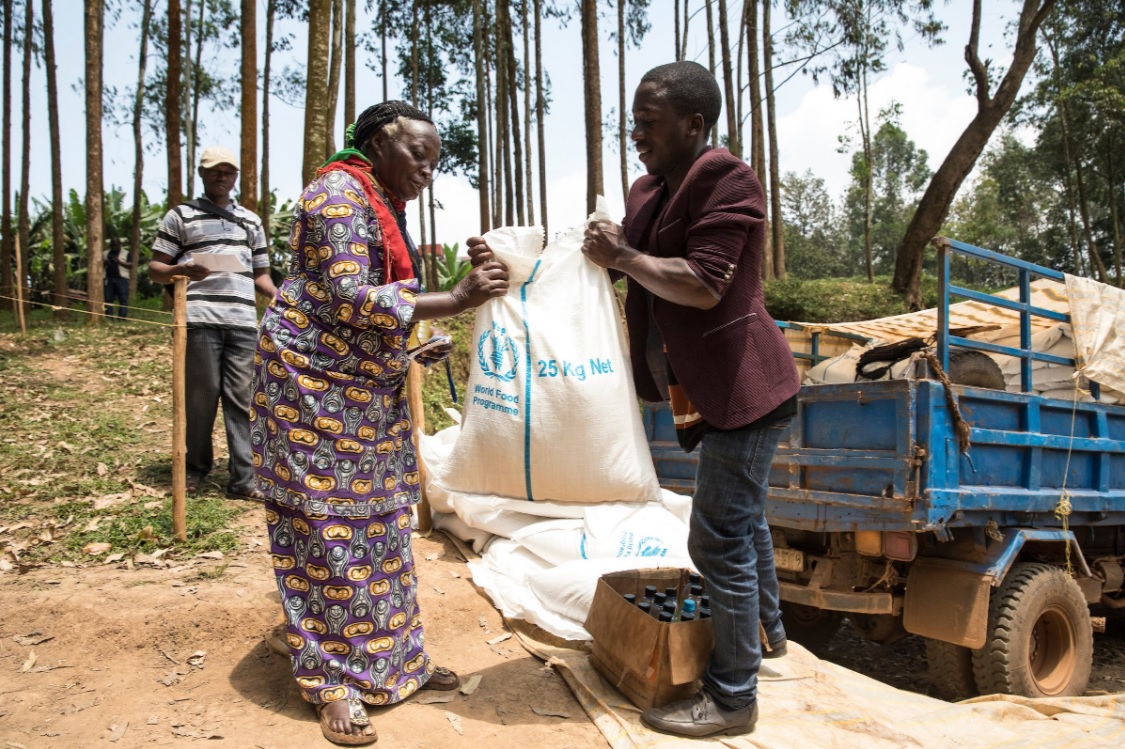Conflict and COVID-19 drive hunger to record levels in Congo
The figure makes Congo home to the most people needing urgent food assistance in the world, the World Food Programme (WFP) and the U.N. Food and Agriculture Organization (FAO) said in a joint statement. Besides conflict and the pandemic, the number also rose because the latest analysis covered more people than previous ones.

- Country:
- Switzerland
A record 27.3 million people in Democratic Republic of Congo, or about one-third of its population, are suffering from acute hunger, largely because of conflict and the economic impact of the COVID-19 pandemic, the United Nations said on Tuesday. The figure makes Congo home to the most people needing urgent food assistance in the world, the World Food Programme (WFP) and the U.N. Food and Agriculture Organization (FAO) said in a joint statement.
Besides conflict and the pandemic, the number also rose because the latest analysis covered more people than previous ones. "For the first time ever we were able to analyse the vast majority of the population, and this has helped us to come closer to the true picture of the staggering scale of food insecurity in the DRC," Peter Musoko, WFP's country representative, said.
"This country should be able to feed its population and export a surplus. We cannot have children going to bed hungry and families skipping meals for an entire day," he said. The worst-hit areas were in the eastern provinces of Ituri, North Kivu, South Kivu and Tanganyika, as well as the central Kasai provinces, all of which have been affected by conflict.
People forced by fighting to flee their home have returned to find their crops destroyed. Some have been surviving by eating only taro, a root that grows wild, or cassava leaves boiled in water, the statement said. Militia violence has persisted in Congo for decades, particularly in the eastern borderlands with Burundi, Rwanda and Uganda, despite the official end to a civil war in 2003.
Of the 27.3 million going hungry, about 6.7 million people were in the 'emergency' phase, which is the last one before famine, an analysis by the Integrated Food Security Phase Classification (IPC) found.
(This story has not been edited by Devdiscourse staff and is auto-generated from a syndicated feed.)
ALSO READ
EU gives coffee exporter Uganda $43 mln to help it comply with forest policy
USAID provides over $25M to UNHCR, WFP for refugee assistance in Uganda
WHO carries out physical and mental health activities to mark World Health Day in Uganda
Uganda: Committee calls to provide Shs756.988 billion for Electoral Commission
ANALYSIS-Anti-LGBTQ+ laws in Ghana and Uganda feel the heat from sanctions










